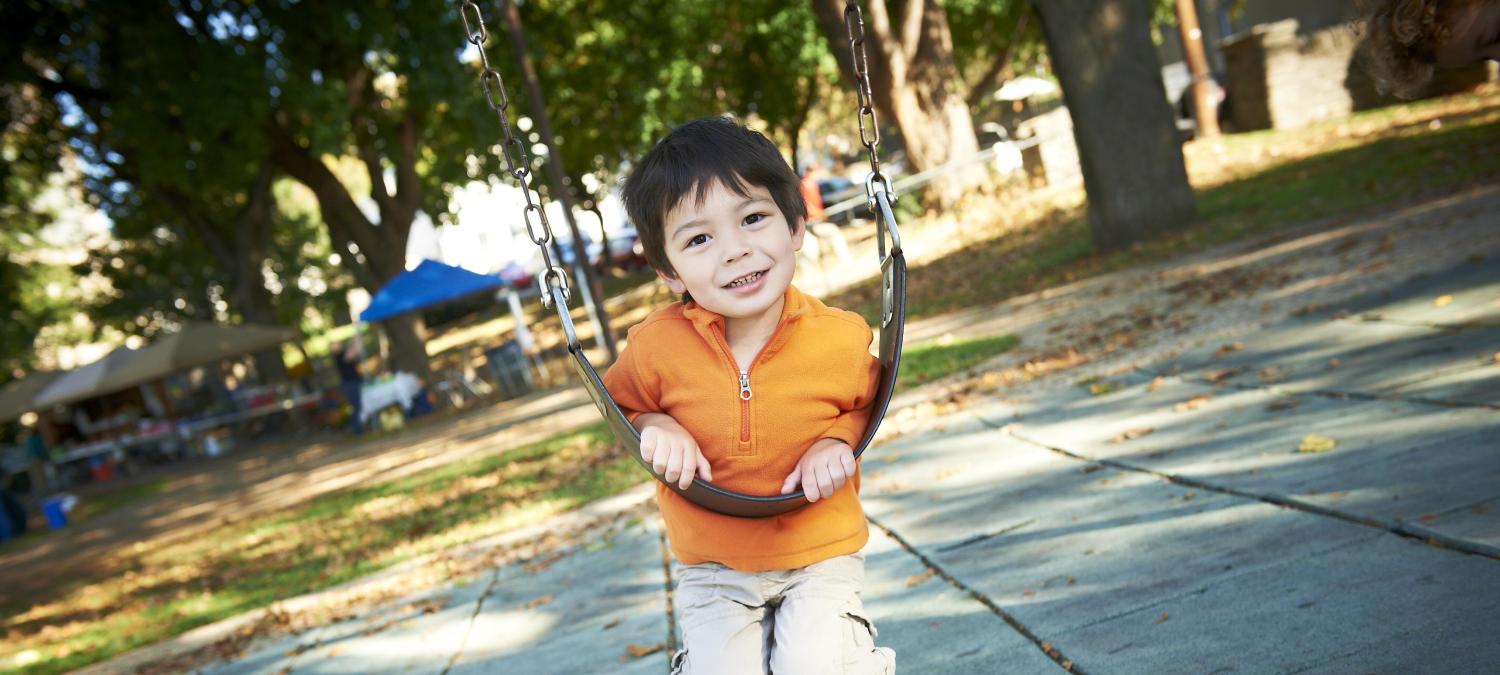

Publications
Search Tips
- Jan 2025
Many pediatric health systems have recently implemented social needs screening and support programs in response to the link between social needs and children’s health outcomes, as well as mandates and incentives from payers and regulatory organizations. In developing processes for…
- Sep 2024
Telehealth presents both the potential to improve access to care and to widen the digital divide contributing to health care disparities and obliging health care systems to standardize approaches to measure and display telehealth disparities. Based on a literature review and the…
- Aug 2024
Introduction: Undergraduate medical education and graduate medical education lack formal curricula on providing care for lesbian, gay, bisexual, transgender, and queer/questioning (LGBTQ+) youth. The onset of the COVID-19 pandemic has led to further challenges in delivering…
- May 2024
There has been a nearly 200% increase in emergency department visits for mental health emergencies by children and adolescents over the past decade. This issue impacts not only the children and adolescents who are awaiting psychiatric treatment, but also the clinicians who care for…
- Apr 2024
Children face weight-based stigma from their healthcare providers at a disconcerting rate, and efforts to mitigate this have been scant. This study aimed to quantify pediatric healthcare professionals' attitudes and beliefs about weight stigma and to determine stigma reduction…
- Apr 2024
Adolescents are uniquely poised to benefit from telehealth due to their familiarity with technology, their increasing independence and desire for privacy. PolicyLab and CHOP research expands on previously limited data and demonstrates a clear desire among adolescents,…
- Mar 2024
Parents of pediatric patients are key stakeholders in the design and implementation of health-related social needs (HRSN) screening programs. Yet, there is little research exploring their perspectives on the documentation and sharing of HRSN data. We aimed to examine parents'…
- Feb 2024
In 2021, more than 12% of children in the United States lived in households experiencing food insecurity, with limited access to adequate nutrition. Food insecurity has been associated with adverse pregnancy and birth outcomes and adverse cognitive, socioemotional, and…
- Feb 2024
Fetal care centers (FCCs) in the U.S. lack a standardized instrument to measure person-centered care. This study aimed to develop and validate the Person-Centered Care in Fetal Care Centers (PCC-FCC) Scale. Initial items were developed based on literature and input from…
- Dec 2023
Limited health literacy is associated with increased hospitalizations, emergency visits, health care costs, and mortality. The health literacy levels of caregivers of critically ill children are unknown. This mixed-methods study aims to quantitatively assess the health literacy of…